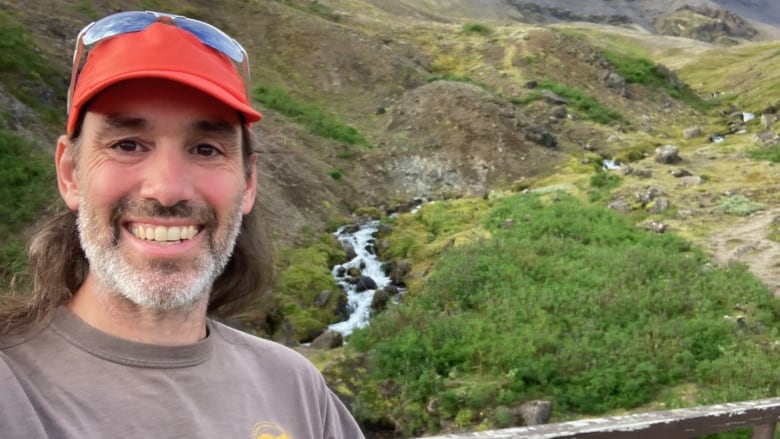
Molly Segal
Climate and environmental journalist
Based in Vancouver, Molly Segal covers climate change for CBC Radio’s What On Earth, which received the inaugural Canadian Journalism Foundation award for climate solutions coverage. Molly’s producing and documentary work has taken her to the UN climate talks in Glasgow, in search of elusive wolverines in the Rocky Mountains, and riding along with ranchers to learn how to get along with wolves. Molly was a 2019-2020 Knight Science Journalism Fellow at the Massachusetts Institute of Technology, where she studied the history of scientific misinformation and climate change technologies. Share story ideas to molly.segal@cbc.ca.
Latest from Molly Segal

Would you fight Alberta's wildfires for $22/hour? And no benefits?
Low pay is one of the reasons some of Alberta's wildland firefighters are not returning to their seasonal jobs, resulting in fewer experienced firefighters and potential safety risks to personnel and the public.
What On Earth |

Sea level rise could squeeze young salmon out of places to live
Climate-caused sea level rise is threatening coastlines in Canada. Caught in the squeeze are juvenile salmon, who depend on estuaries to survive. Now scientists and First Nations on Vancouver Island are trying to find out where baby salmon will live in the not-so-distant future. The question is: will we make room?
What On Earth |
Denmark is getting off fossil fuels. Are there lessons for Canada?
After more than a decade spent thinking about fossil fuels and climate change, Angela Carter was looking for a “beacon of hope” to inspire Canada with alternative visions for what an oil and gas-dependent society could become.
What On Earth |

What on Earth
Scientists aim to track caribou, ticks and more, like forecasting weather, amid warming climate
Traditionally, conservation and environmental management might be based on stable or historical norms. But with climate change in the mix, scientists are pooling information as they work toward making forecasts that will help people respond to environmental threats before they happen.
What On Earth |

Putting a price on nature can help municipalities adapt to climate change
By putting a value on things like wetlands, forests and coastlines, municipalities can make a financial case to invest in, protect and restore ecosystems while also benefitting from the services they provide.
What On Earth |
What working together to save the ozone layer tells us about climate action today
Thirty-five years after it was signed, the Montreal Protocol has started to heal the ozone layer, although experts say it will take decades longer to restore it. Some experts say that success should inspire better co-operation on climate action.
What On Earth |

Could volcanoes in Canada be used to generate green energy? Scientists are hoping so
Old volcanoes beneath mountains near Whistler, B.C., hold a big green energy promise: the potential to harness geothermal heat for power. Now scientists and industry are working on ways to tap into the resource.
News -Science |

The polar bear became an 'accidental icon' of climate change. Is it time to rethink that?
When biologist Andrew Derocher discovered in the 1990s how polar bears were affected by climate change, his work helped launch the charismatic critter as an icon — used by activists as a poster animal for a warming world, and exploited by climate deniers to argue the opposite. But get close and the story of Arctic change is more complex.
What On Earth |

As the Atlantic Ocean warms, fisheries scramble to adapt
One impact of greenhouse gas emissions is the warming ocean, with hot spots in the North Atlantic. As fish species respond by moving farther north, expanding and shrinking their ranges, the rules about what can be fished, where and how much are lagging behind the speed of change.
What On Earth |

Schoolyard chickens: Canmore council allows students to raise cluckers
Canmore's animal control bylaw prohibit backyard chickens in Canmore, but teachers from Canadian Rockies Public Schools have convinced town council to make an exception for them.
News -Canada -Calgary |